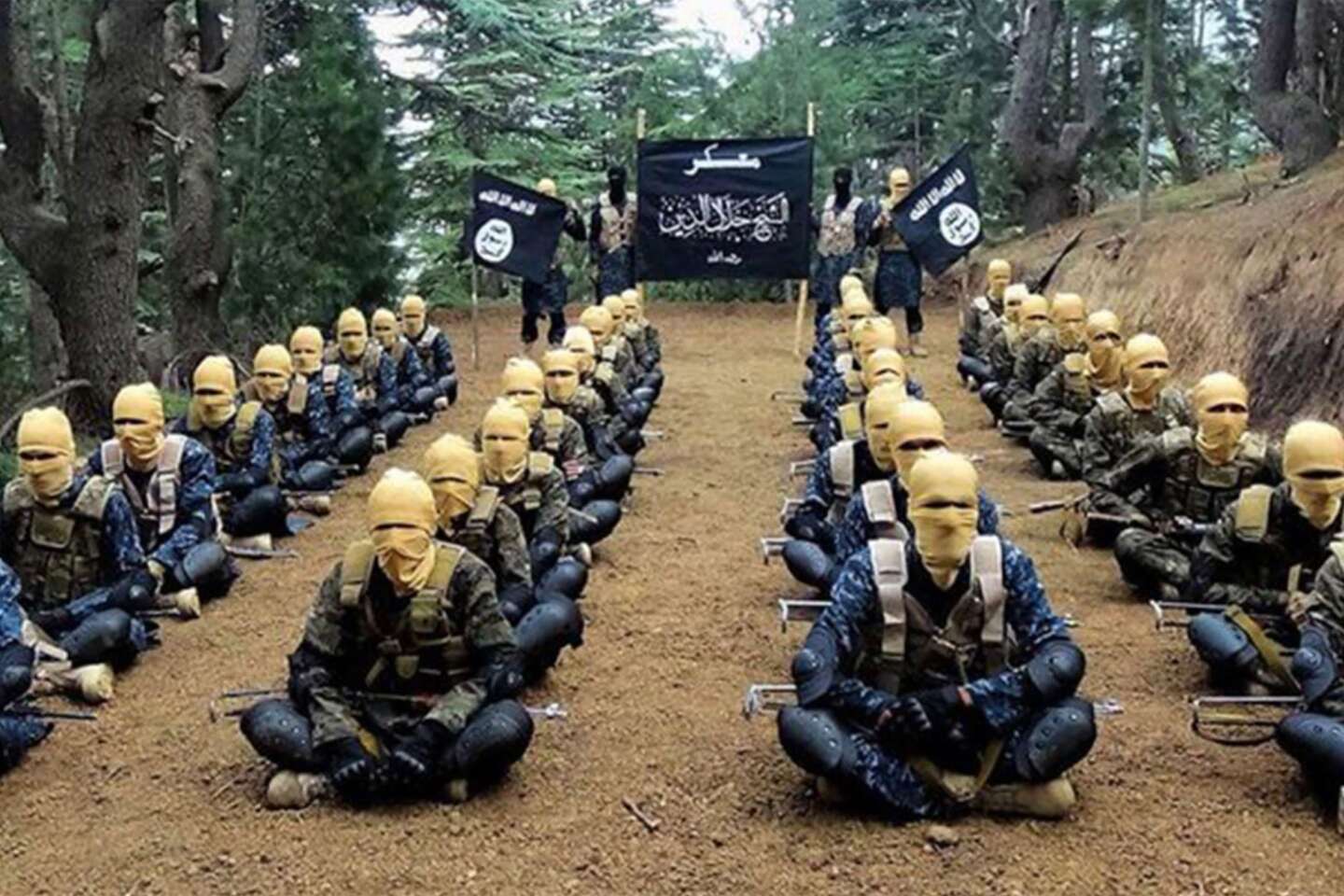The jihadist group, which claimed responsibility for Friday night’s bloody attack in Russia, has spread to countries north of Afghanistan.
The use of the Telegram encrypted messaging network by the Islamic State Khorasan Province (IS-K), the jihadist organization’s Afghan affiliate, to claim responsibility for the attack on a Moscow concert hall on March 22 came as no surprise to Western intelligence services. While Russian President Vladimir Putin and his security services have not yet mentioned their communiqué, it was through this channel that the group assumed responsibility for its deadly attack.
IS-K embodies a regionalization strategy that the international jihadist movement has followed since it lost its base in Iraq and Syria; a restructuring facilitated by the instability of the unstable Afghanistan-Pakistan area.
In July 2021, according to a UN report submitted to the Security Council, the number of IS fighters in Afghanistan was estimated at “between 500 and several thousand.” Its presence in the region, under the name of Islamic State Khorasan Province – a former name for a region encompassing parts of South Asia, Iran and Central Asia – was documented since 2015. The UN found that, while the return to power of the Afghan Taliban in mid-2021 reduced its scope of action in Afghanistan – but not its capacity for action – IS-K has since re-established bases in Central Asian countries across the border.



Who do you think is responsible?